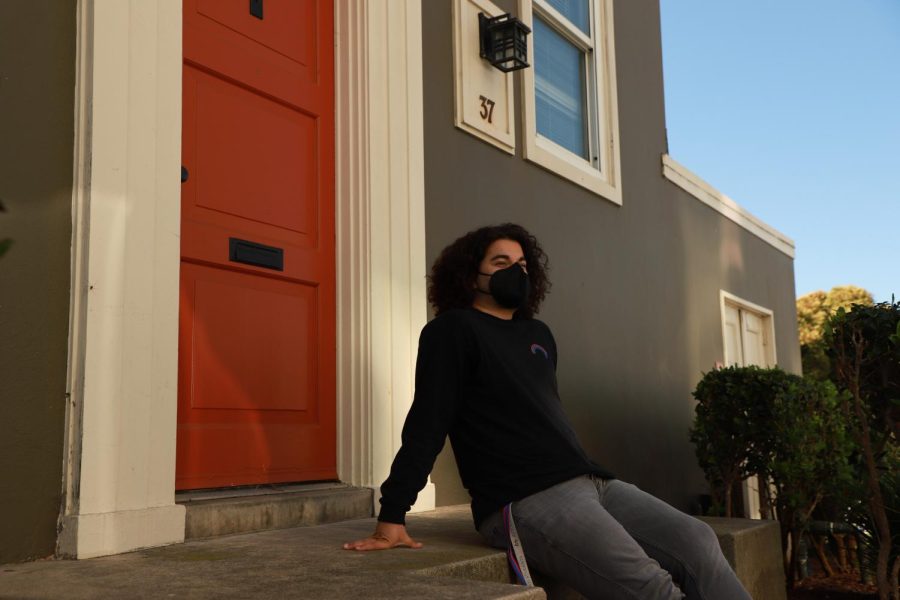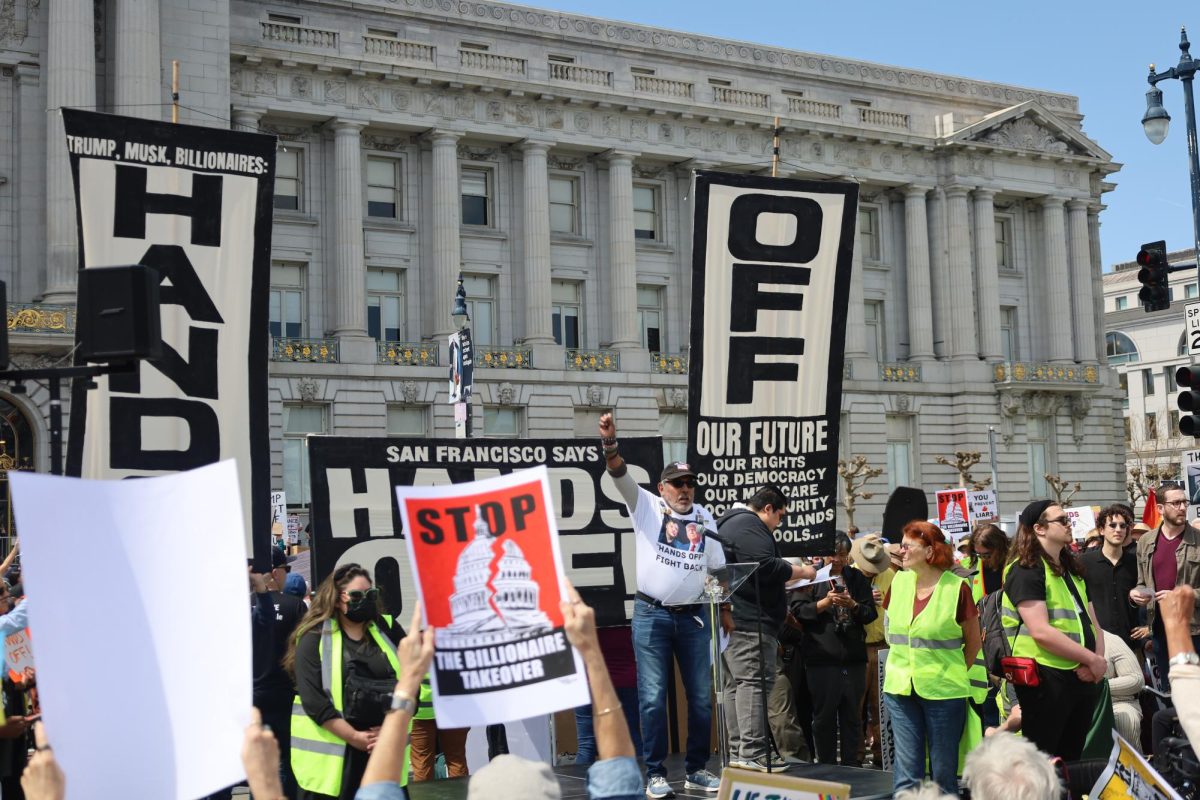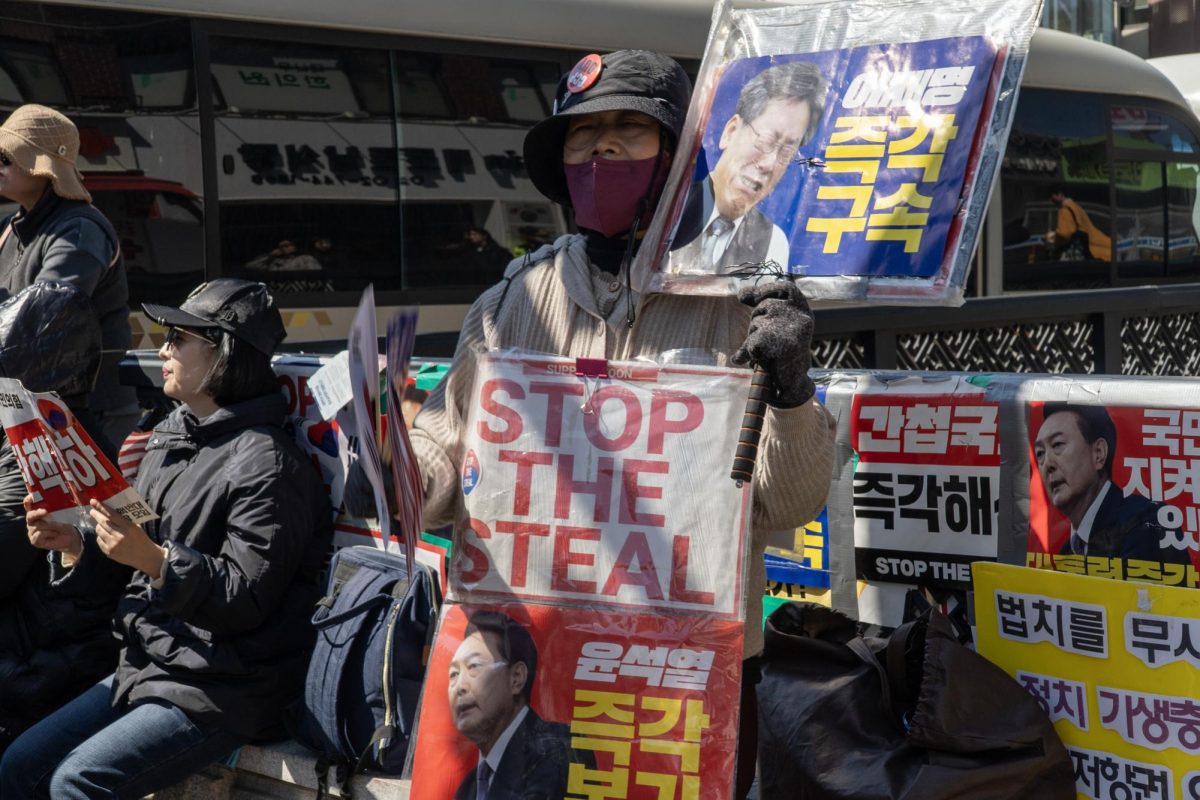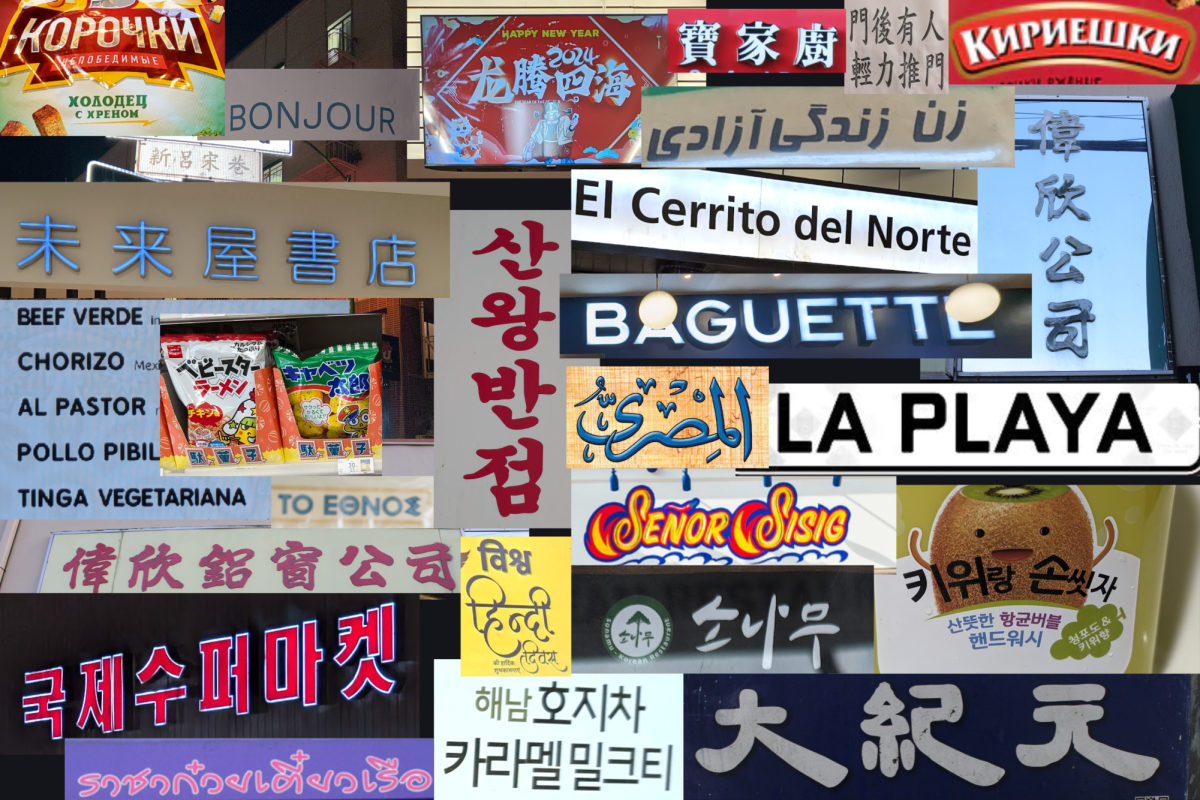Ecuadorian immigrant and activist Fernando Martí serves as co-director of the Council of Community Housing Organizations, an organization that supports the development of low-income housing in San Francisco.
Oftentimes, on behalf of the organization, he would attend rallies in support of tenants who were facing eviction.
Now, after a three year legal battle, Martí and his family are facing eviction themselves.
Martí and his family face an owner move-in eviction initiated by their landlords, where an owner with a minimum 25% stake can move into the property if they intend to stay for at least 36 months.
With the expiration of the state moratorium, the Foy-Martí family is one of an estimated hundreds of thousands of people who are forced to reckon with the fact that they may have to catch up on payments or face eviction in the near future, according to the Housing Rights Committee.
The eviction moratorium was signed by Gov. Gavin Newsom on Aug. 31, 2020, to help people who have rent debt and debt connected to losses brought on from the pandemic. The deadline was extended from the end of June of this year to late September on June 28.
Since living there, Martí and his family have paid their rent on time and in full. Despite this, a change in ownership four years ago may force them to leave the home that Martí has lived in for over 20 years.
Housing activists and some members of the San Francisco Board of Supervisors were in attendance at the Foy-Martí family held a press conference on Oct. 12, at their Noe Valley home to raise awareness about their situation.
According to a statement made by the family, the landlords argued that the owner move-in eviction was necessary to give their daughter her own two bedroom home.
Martí claims that his landlords are not acting in good faith, as their daughter currently lives in West Portal with her brother.
“The daughter had many options of where she could move to,” Martí said to Xpress. “And yet they are targeting us saying, ‘Oh, she needs a place to live,’ and we think that is not true.”
Martí’s landlords first tried to evict them in 2019, but due to a legal loophole and the eviction moratorium, they were able to stay in their home. But after June 30 of this year, Martí mentioned that his landlords returned and initiated the owner move-in.
“So many landlords have tried to get rid of their tenants in order to increase rents, or do other things: turn their building into condos, flip it, whatever it is that speculators do,” Martí said.
According to the U.S. Census Bureau data as of July of 2019, there were a total of 406,413 housing units in San Francisco. The owner-occupied housing rate in the city from 2015 to 2019, according to the Bureau, was 62.4%.
Even after the California Eviction Moratorium expired on Oct. 1 — leaving tenants across California to catch up on their payments or face eviction from their rented homes — San Francisco District 6 Sup. Matt Haney has been persistent in his support for an extension of the moratorium.
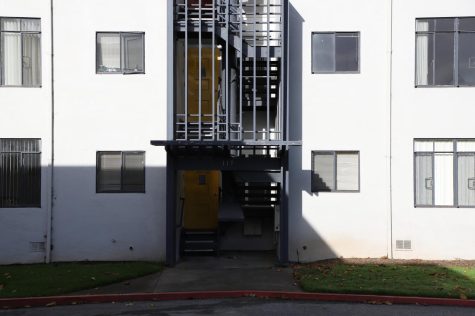
Haney highlighted that people shouldn’t face eviction as a result of losing their jobs and spending more money on childcare because of the closure of schools.
“We want to make sure people get rent support,” Haney said. “If I have anything to do with it, no one will be sued for unpaid rent or rent debt that was incurred.”
SF State Associated Student President Joshua Ochoa credits his parents and the eviction moratorium for assisting him when he was at risk of being evicted. Ochoa acknowledged that this is a situation not all students have.
Unlike Marti, Ochoa did not face an owner move-in eviction. Due to the pandemic, he ran the risk of not being able to pay rent.
“If we didn’t have that support financially and if we didn’t have the eviction moratorium, I don’t know what would’ve happened,” he said.
Michelle Foy has been living at the property with Martí since 2002 and let at-risk tenants know that they aren’t alone, and that there are community resources and organizations available for them.
“This is a collective fight that we are waging to maintain the heart of the city, to maintain the rights of tenants and to maintain the idea of housing as a human right for all,” Foy said to Xpress.
District 7 Supervisor Myrna Melgar has known the Foy-Martí family since the early 2000s, when she and Martí worked at a Latino grassroots organization known as People Organizing to Demand Environmental and Economic Rights.
At the conference, Melgar recounted fond memories of her time with the Foy-Martí family, and expressed the sadness that comes with San Francisco families being evicted from their homes.
“Every time we lose a family from San Francisco… we’re losing love, we’re losing connection, we’re losing families, we’re losing the fabric of our city,” Melgar said.
Carmelo Foy-Martí, 12, recounted how he was born in the home that the family is getting evicted from, and is hopeful that he and his family will stay in their home.
“I would lose a lot of friends if I had to move somewhere else out of San Francisco,” Foy-Martí said. “I really want to stay here, and that might not work out because we’re getting evicted.”





